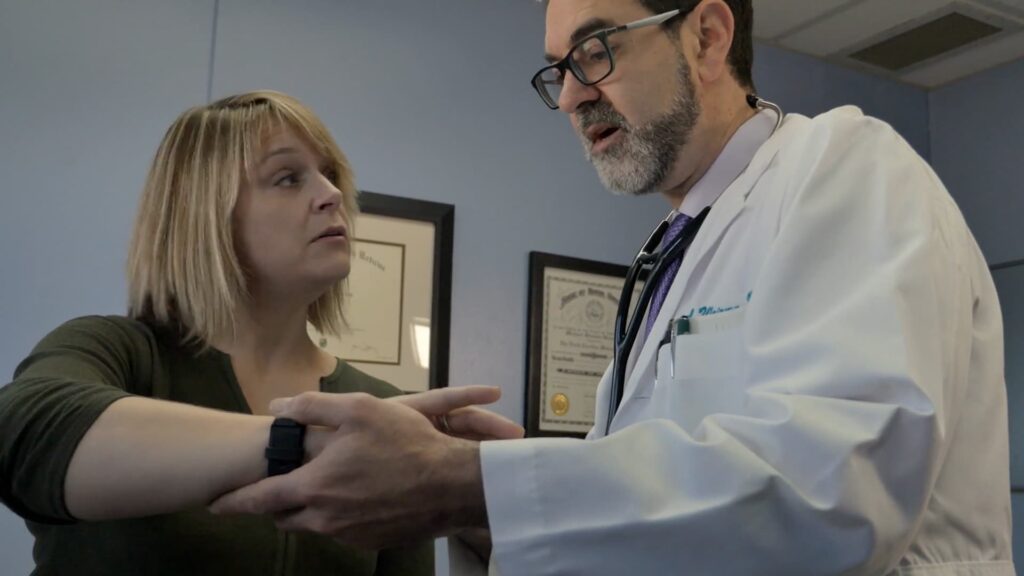Two thirds of Americans now regularly use wearable devices to monitor their health, from smartwatches to portable blood pressure machines.
Yet, this digital health revolution presents a challenge: New data show that although only 25% of users share their data with physicians, 71% of doctors already feel overwhelmed by the amount of available health data.
When patients do share concerning wearable data, experts recommend prioritizing traditional clinical assessment: taking a thorough history, conducting a proper examination, and following national guidelines. Key questions should include family history, symptoms, and the context of the recorded data.
It’s important to understand that not all devices are created equal. Whereas some wearables have FDA medical clearance, such as Apple Watches, others are primarily wellness tools with varying degrees of accuracy. Physicians generally take data from FDA-cleared devices more seriously.
While most wearables are not approved for diagnostic use, they may still offer early indicators that warrant clinical follow-up.
Looking ahead, we can expect these conversations to increase as wearable technology becomes more prevalent, demanding clearer protocols and regulatory guidance for healthcare providers.
This content was created using several editorial tools, including AI, as part of the
process. Human editors reviewed this content before publication.
Source link : https://www.medscape.com/s/viewarticle/wellness-wearables-are-booming-are-they-reliable-2025a1000l0s?src=rss
Author :
Publish date : 2025-08-14 15:42:00
Copyright for syndicated content belongs to the linked Source.
